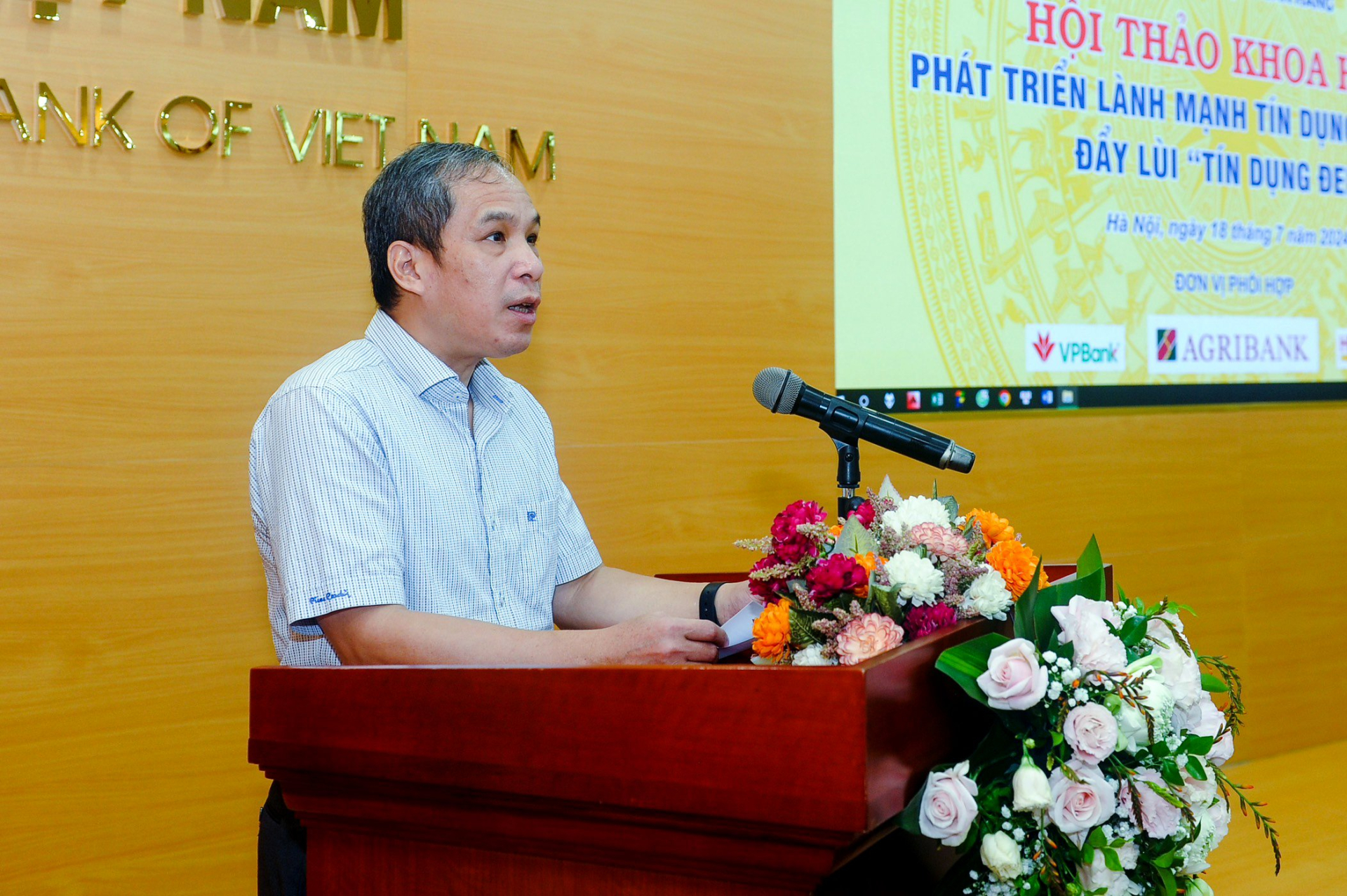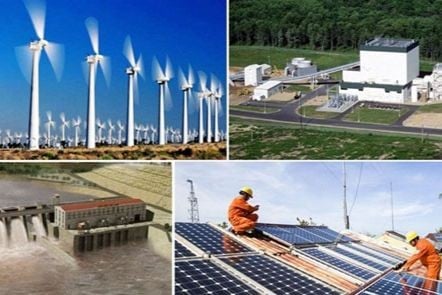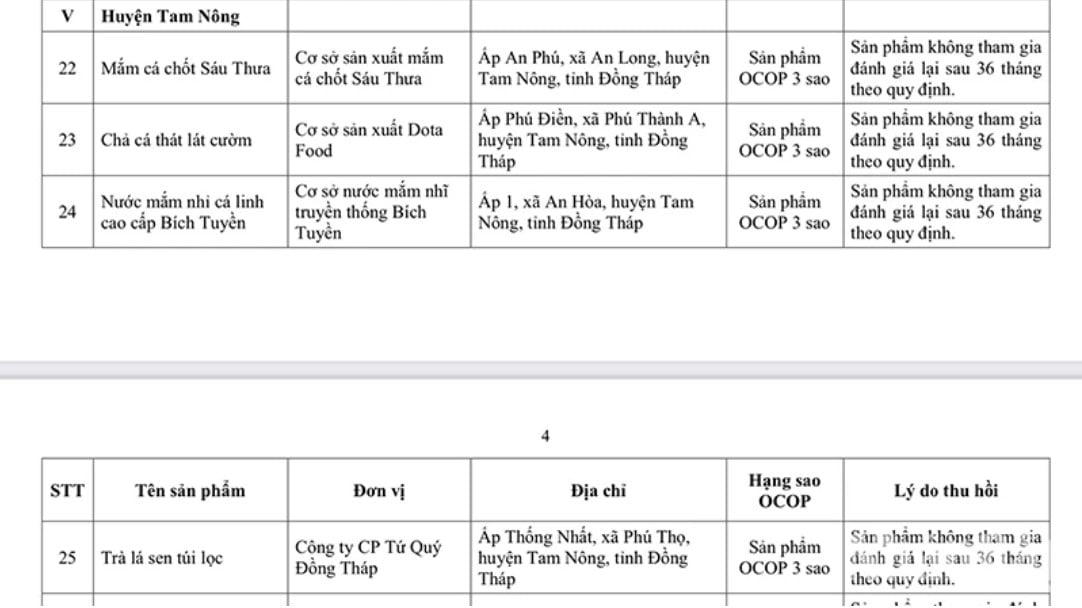Consumer loans account for 20% of total outstanding credit in the entire economy.
Providing information at the Workshop on Developing Healthy Consumer Credit, Repelling "Black Credit" on July 18, Deputy Governor of the State Bank of Vietnam (SBV) Doan Thai Son said: The size of the global consumer credit market has grown strongly, reaching about 11 trillion USD in 2023 and continues to maintain an upward trend, expected to reach 15 trillion USD in the next 5 years.
The trend of consumer credit growth is recorded in both developed economies such as the US, Europe... and emerging economies such as Thailand, Malaysia...

Deputy Governor of the State Bank of Vietnam (SBV) Doan Thai Son said: Total outstanding loans for living and consumption in Vietnam have reached about 2.8 million billion VND, equivalent to 20% of total outstanding credit in the entire economy.
Sharing the same trend, consumer credit activities in Vietnam in recent years have developed strongly in terms of outstanding loan size, number of participating credit institutions and diversity of products and services.
Up to now, the total outstanding loans for living and consumption in Vietnam have reached about 2.8 million billion VND, equivalent to 20% of the total outstanding credit of the entire economy, becoming an important part in the credit structure of the system of credit institutions.
The average growth rate of outstanding loans for living and consumption from 2010 to present has always been higher than the growth rate of outstanding credit of the whole economy. This shows that consumer credit always plays an important role in the socio-economic development of the country.
In addition to meeting the legitimate needs of the people, consumer credit also stimulates purchasing power, supports production and business, thereby creating momentum for economic growth. Promoting consumer lending is also considered an important solution to limit access to capital from informal channels, typically "black credit", helping to minimize consequences and contribute to ensuring social security and order.
However, it is necessary to frankly acknowledge that consumer credit activities in Vietnam still have limitations and face many challenges. Since 2020, the consumer finance market has faced negative impacts from the Covid-19 pandemic and the decline in aggregate demand.
Recently, criminals have taken advantage of the social network environment, organized many groups to propagate and instruct each other on how to avoid paying debts to credit institutions; impersonating and fraudulent companies... have affected the consumer credit activities of credit institutions in particular and the stable and healthy development of the consumer credit market in general.
In 2023 and the first months of 2024, consumer credit will face many difficulties and challenges in consumer credit growth and the bad debt ratio in consumer credit throughout the system will tend to increase.
How to push back "black credit"?
To overcome the above challenges, especially in the context of the increasingly large scale of this market, it is necessary to propose solutions to promote the development of a healthy, effective and sustainable Vietnamese consumer credit market, contributing to the implementation of the National Comprehensive Financial Strategy to 2025, with a vision to 2030: "developing consumer lending products suitable for consumer borrowers, with reasonable interest rates, contributing to preventing "black credit".
The workshop on Developing healthy consumer credit, pushing back “black credit” was held today to create a forum for ministries, sectors, experts, scientists, commercial banks and consumer finance companies to exchange and propose initiatives and solutions to develop a healthy and effective consumer credit market, exploit the market’s potential, and actively support the restriction of “black credit”.
To exploit the potential of the consumer credit market in Vietnam and resolve existing problems and challenges, at the Workshop, delegates and experts proposed a number of solutions and recommendations such as: Continuing to review and perfect the legal framework on lending activities to serve the needs of life, consumer lending, to meet practical requirements.
Along with that, it is necessary to strengthen the management, inspection and supervision of consumer lending and lending activities of credit institutions, ensuring compliance with legal regulations. Continue to improve mechanisms and policies on digital transformation in banking activities, guide the application of information technology, digitize consumer credit activities, create conditions for credit institutions to diversify products and services, closely follow market demand, and at the same time be able to prevent and stop high-tech crimes.
Strengthen coordination with state management agencies, local Party committees and authorities in disseminating banking credit mechanisms and policies to all classes of people, helping them understand correctly about official credit supply channels as well as see the consequences of "black credit".
Credit institutions themselves need to review and innovate the methods of providing information and approaching borrowers so that people can understand correctly and fully about products and services. Credit institutions need to coordinate closely with units of the Ministry of Public Security in connecting and exploiting data from the national database on population, promoting solutions to apply this data in consumer credit activities.
Ministries, branches and localities continue to effectively implement Directive No. 12/CT-TTg dated April 25, 2019 of the Prime Minister on strengthening the prevention and combat of crimes violating the law related to "black credit" activities.
An Ha
Source: https://www.congluan.vn/28-trieu-ty-dong-cho-vay-phuc-vu-doi-song-tieu-dung-tai-viet-nam-post303992.html








































![[Photo] Prime Minister Pham Minh Chinh chairs Government Conference with localities on economic growth](https://vstatic.vietnam.vn/vietnam/resource/IMAGE/2025/2/21/f34583484f2643a2a2b72168a0d64baa)























































Comment (0)